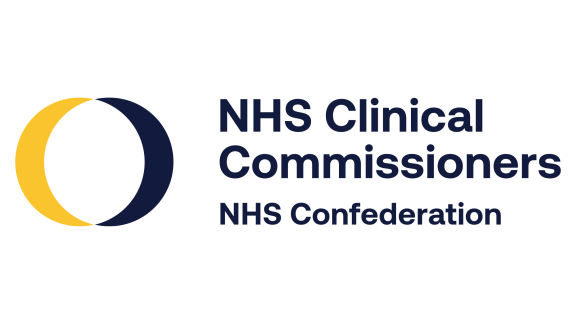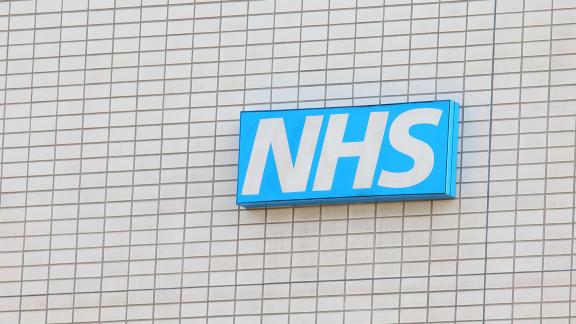Excellence in commissioning diabetes care

More people than ever before are living with diabetes. Since 1996, the number of people in the UK with the condition has more than doubled. The situation is such that the NHS is now spending more than £9.8 billion each and every year on treating the condition and its complications.
We have launched a new publication showcasing examples of where clinically led commissioning is changing the way diabetes care is commissioned and improving people’s lives. The document draws out lessons from those involved in the projects to share and embed for the future.
This report features a range of programmes from CCGs across the country with case studies including:
Slough CCG’s approach involving both targeted support for communities and education in GP practices – the CCG is ranked second best in the country on delivering the eight care processes identified by the National Institute for Health and Care Excellence as representing good practice in diabetes care.
Surrey Downs CCG’s work to improve communication between GP practices and paramedics in relation to incidences of hypoglycaemia.
Aylesbury Vale and Chiltern CCGs’ joint approach to diabetes care, which focuses on what the patient wants to achieve rather than only their blood sugar levels.
The report contains tips on commissioning excellent diabetes care including: involving patients in their own care; collaborating with providers on the move from activity to outcomes based approaches and using data effectively to demonstrate the case for change.
NHSCC are also calling on national bodies to help CCGs ensure that more people receive excellent care in the future through:
- Working with CCGs to identify top-priority patient outcome measures.
- Promoting new contracting mechanisms which better reflect population-based care.
- Establishing clearer rules of engagement on collaborations between pharmaceutical companies and CCGs.



